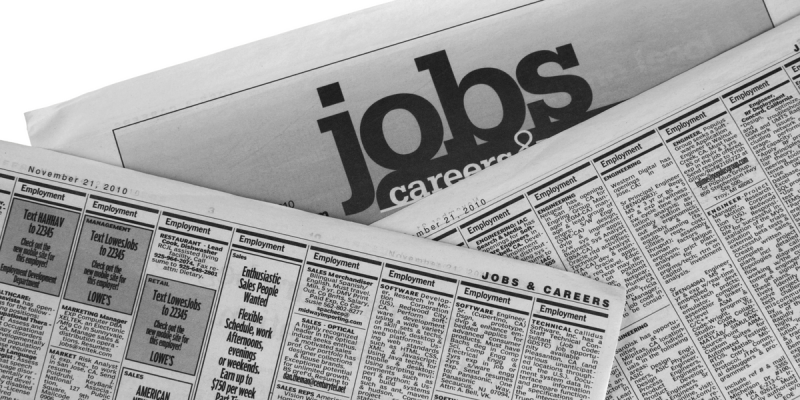Everywhere you look, lawmakers, editorialists, and policy experts are asking questions about the so-called “fiscal cliff” facing Louisiana’s budget. That “fiscal cliff,” of course, is the difference between what the state wants to spend on programs and what it projects to bring in. As per usual, the state’s eyes are bigger that its stomach, as the old saying goes.
The question everyone is asking: how do we close this gap? Among some set of the political class, the ONLY question is “which tax should we raise?” For others, including me, the question has been “how do we tighten our belts and prioritize state government to live within our means?”
But, upon further reflection, I think we’re all missing the point.
The question we should be asking is: “How do we bring jobs and opportunity back to Louisiana?”
The answer to that question is not asking already over-burdened taxpayers to chip in more money – once again – because our state’s tax and budget system is broken.
There’s no doubt: Louisiana lags behind our neighbors, sometimes embarrassingly so, as evidenced by Florida Governor Rick Scott’s “Trade Mission” here a few weeks ago. High unemployment and falling incomes continue to cause pain to working families, while they see friends and neighbors in competitive states like Texas, Florida, Tennessee, and even Mississippi doing better.
Let’s look at the facts:
- At 4.6%, Louisiana’s unemployment rate ranks 37th worst in the country, according to the Bureau of Labor Statistics (BLS), though we’ve improved slightly over the last few months. While the last couple of months have produced some upticks in actual job numbers, our state has lagged significantly behind, and more than 23,000 people have dropped out of the workforce altogether since January of 2016.
- To put a finer point on this, also according to the BLS, from November 2016 to November 2017, Louisiana’s non-farm payrolls increased just 0.5%. That compares to 2.7% growth in Texas, 1.7% in Arkansas, and 1.1% in Mississippi.
- From 2015 to 2016, according to numbers from the Census Bureau, household incomes in Louisiana actually dropped by an average of more than $1,000. Meanwhile, families in most of the rest of the country – including every other state in the Southeast – saw household budgets increase.
- The Kauffman Index of Startup Activity, compiled by the Ewing Marion Kauffman Foundation, reports Louisiana dropped from fifth to 17th among the 25 largest states (they rank smaller states separately) for start-up business activity from 2015-2017, meaning fewer jobs and less entrepreneurship.
Meanwhile, state spending has increased more than 21% since 2016. To meet that spending demand, taxes, as we all know, have increased, making Louisiana’s combined state and local sales tax rates the highest in the nation, not to mention the personal and corporate income taxes, among other tax levies, we add to the mix. Our tax system, especially on job creation, is complex and antiquated, which drives away potential new jobs. And, state and local government expenditures per capita well exceed the average of states in our region – by about 16%.
A friend – a Democrat, I might add – recently asked a frustrated question: “how can our government spend so much money to get so little results? We’re last in everything.”
The truth is, we cannot continue to enact the same broken policies and hope our state’s trajectory will change. So, it begs the question, what should we do bring jobs and opportunity back to Louisiana?
Advertisement
The change required must get moving this year, but, ultimately, it will take longer to fully implement. Frankly, it should, though we’re awfully late in getting started. Debate should be robust. It should be based on data and research, on principled examination of reality, and on comparisons with best practices in other, more prosperous states.
After all, there is a fundamental question at stake here: just what kind of government do taxpayers want and are taxpayers willing to pay for? And how will the policies of that government impact jobs and opportunity for its citizens.
So far, it seems, here in Louisiana, we’ve been giving the wrong answers to the wrong questions. We can change that.
Daniel J. Erspamer is the CEO of the Pelican Institute for Public Policy, Louisiana’s free-market think tank.
Advertisement
Advertisement

